Interim President Teresa K. Woodruff, Ph.D. | Michigan State University
Interim President Teresa K. Woodruff, Ph.D. | Michigan State University
Michigan State University (MSU) recently hosted its first Future of Work Conference, an event organized by the College of Social Science as part of its Future of Work initiative. The conference aimed to explore how technology, particularly artificial intelligence, will influence jobs and the future work landscape.
The conference brought together faculty from various MSU colleges and community organization representatives. Discussions focused on human interaction with AI, accessibility changes in technology, new labor market skills, and government engagement. Graduate students also presented research related to the future of work.
Tara Behrend, director of the Future of Work Initiative, highlighted the importance of addressing emerging technologies' impact on work dynamics. "These changes are affecting all of us. Emerging technologies are changing how we work, what work is needed and what skills are needed," she stated.
Interim Provost Thomas Jeitschko emphasized MSU's role in adapting to these changes: "This important initiative provides the opportunity for MSU to take a lead in meeting the changes of our future." Brent Donnellan, dean of the College of Social Science, noted that preparing for future work challenges aligns with MSU's 2030 Strategic Plan.
The conference featured interdisciplinary panels with experts from six colleges at MSU. Discussions covered various themes such as AI interaction, workforce diversity and equity, demographic shifts in employment, and government regulation in response to technological advancements.
Peter Berg from the School of Human Resources and Labor Relations discussed Michigan's aging workforce trend during his panel session. He highlighted that between 2000 and 2020, the proportion of employed adults over 60 more than doubled.
Graduate students contributed their perspectives through research presentations on topics like gender bias in workplaces and pay transparency. Economics doctoral student Wenjia Cao won a poster competition with her presentation titled “Machine vs. Muscle, Bot vs. Brain: The Differential Effects of Artificial Intelligence on Heterogenous Skill Groups.”
A key takeaway from the conference was embracing rather than fearing technological advances like AI. Participants stressed leveraging these tools to enhance daily activities instead of viewing them as job threats.
The Future of Work initiative at MSU aims to continue exploring strategies for adapting to changing work environments while engaging students in these discussions. As Behrend remarked: "Everyone needs to be at the table...and that is what this conference offered."
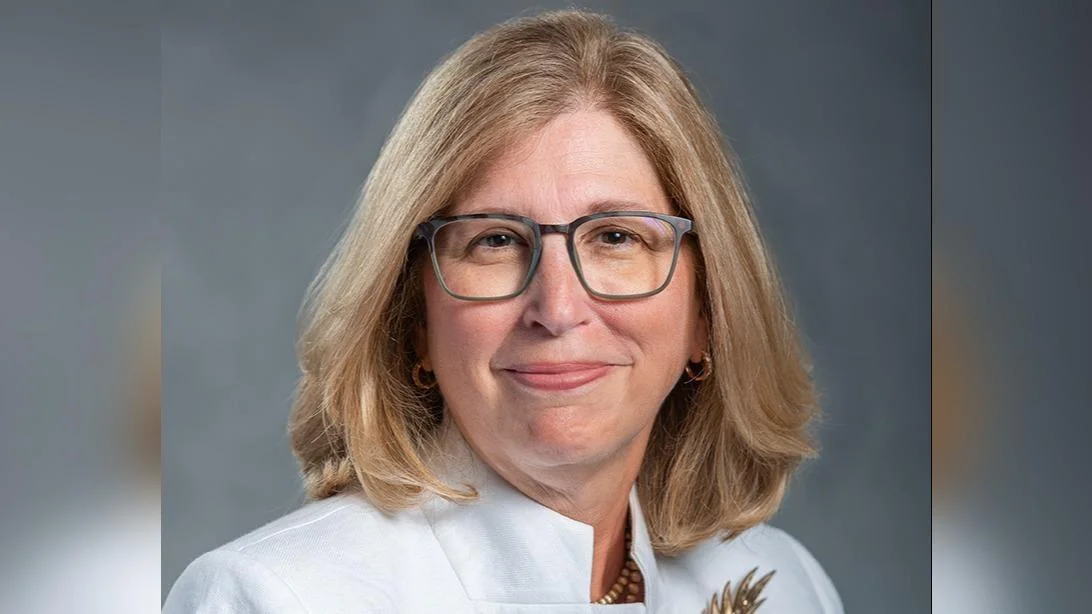
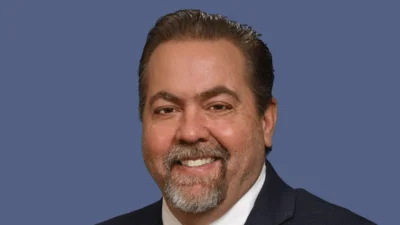
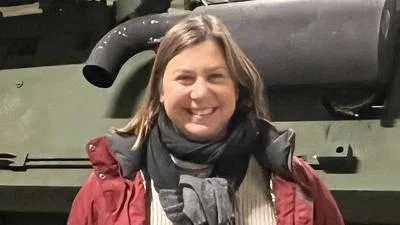
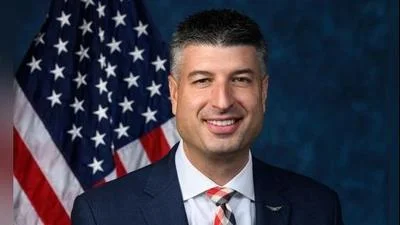
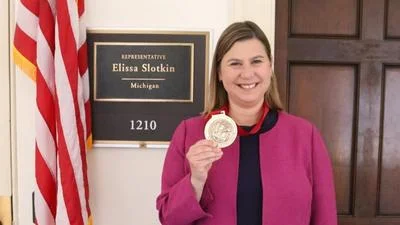

 Alerts Sign-up
Alerts Sign-up